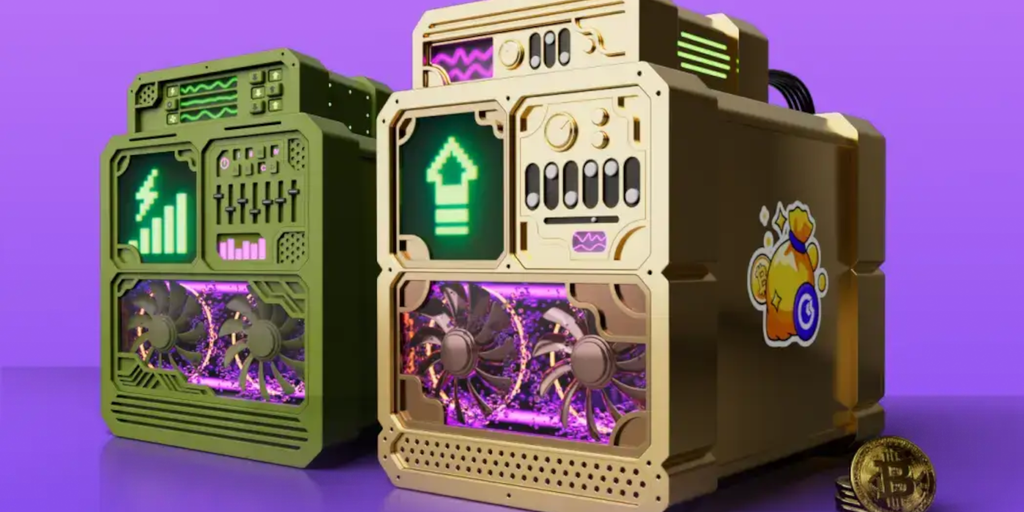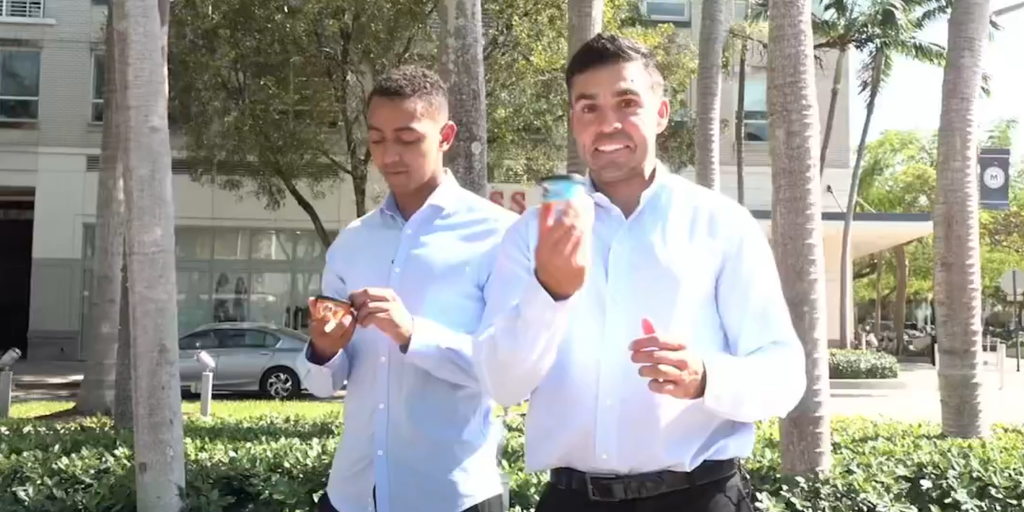Quantum Computers Take Massive Step Forward for Cryptography
Researchers from JP Morgan Chase and Quantinuum demonstrated that quantum computers can generate "certifiably random" numbers, enhancing security in banking and voting systems. Traditional random number generation relies on algorithms that can be predictable and hackable. The team used a 56-qubit trapped-ion quantum computer to produce over 70,000 certified random bits, verified by supercomputers to ensure no mathematical algorithms were involved. This breakthrough addresses significant challenges in cybersecurity by providing truly unbiased and unpredictable randomness. Applications include stronger encryption for online banking, secure digital signatures, and tamper-proof consensus algorithms for blockchains. While current verification requires supercomputing resources, advancements are being made toward more accessible quantum randomness solutions. The potential for mainstream adoption could lead to a more secure digital environment, reducing the risk of spoofing attacks.















